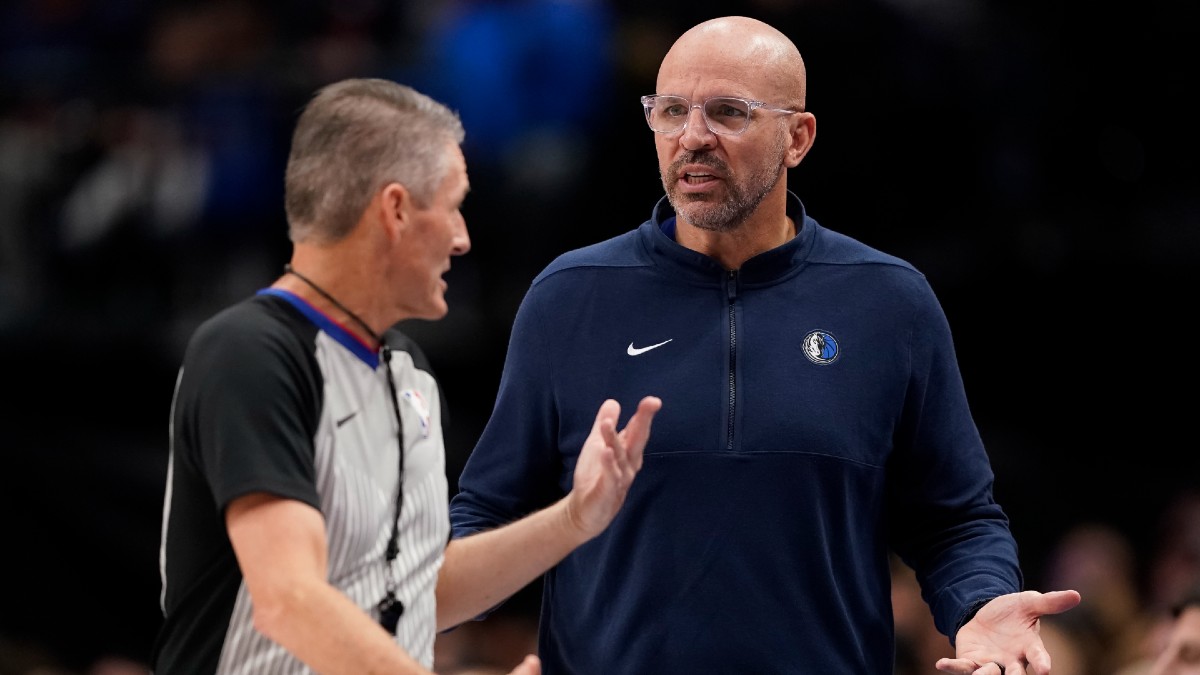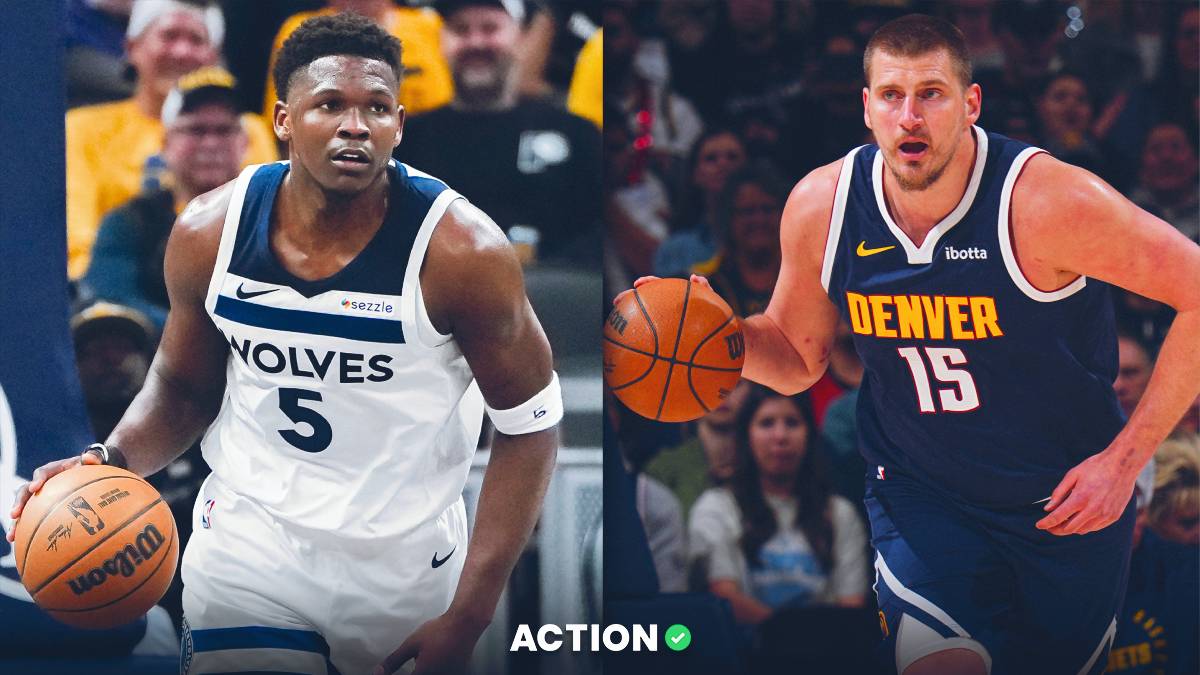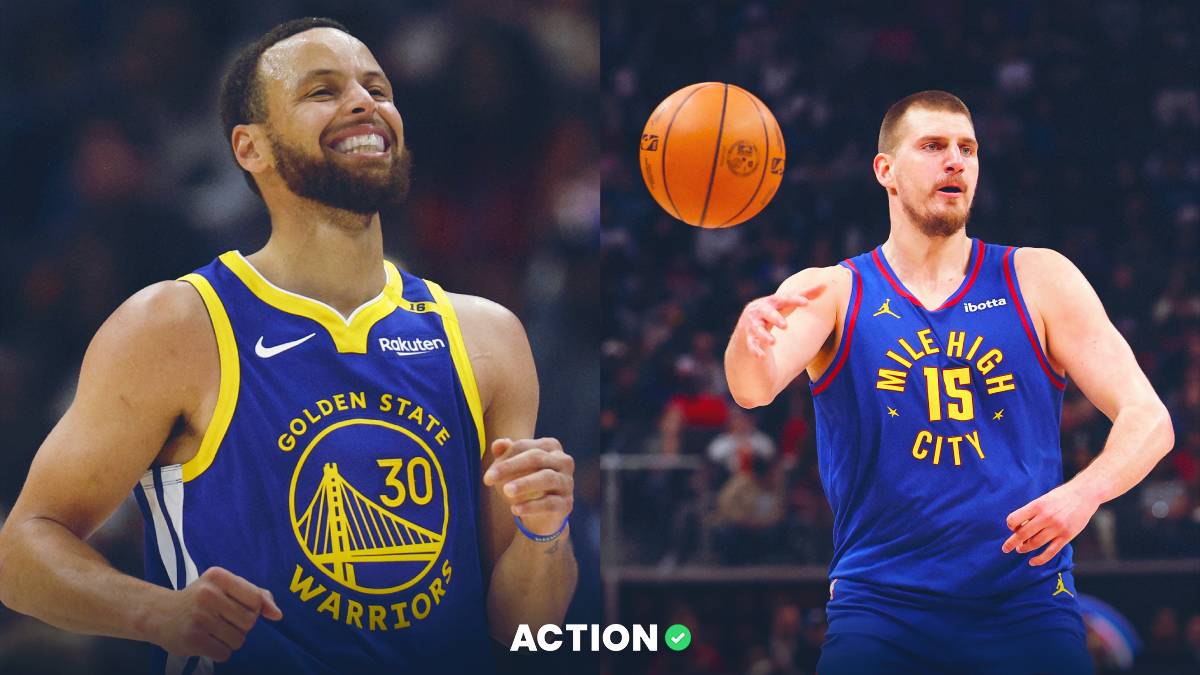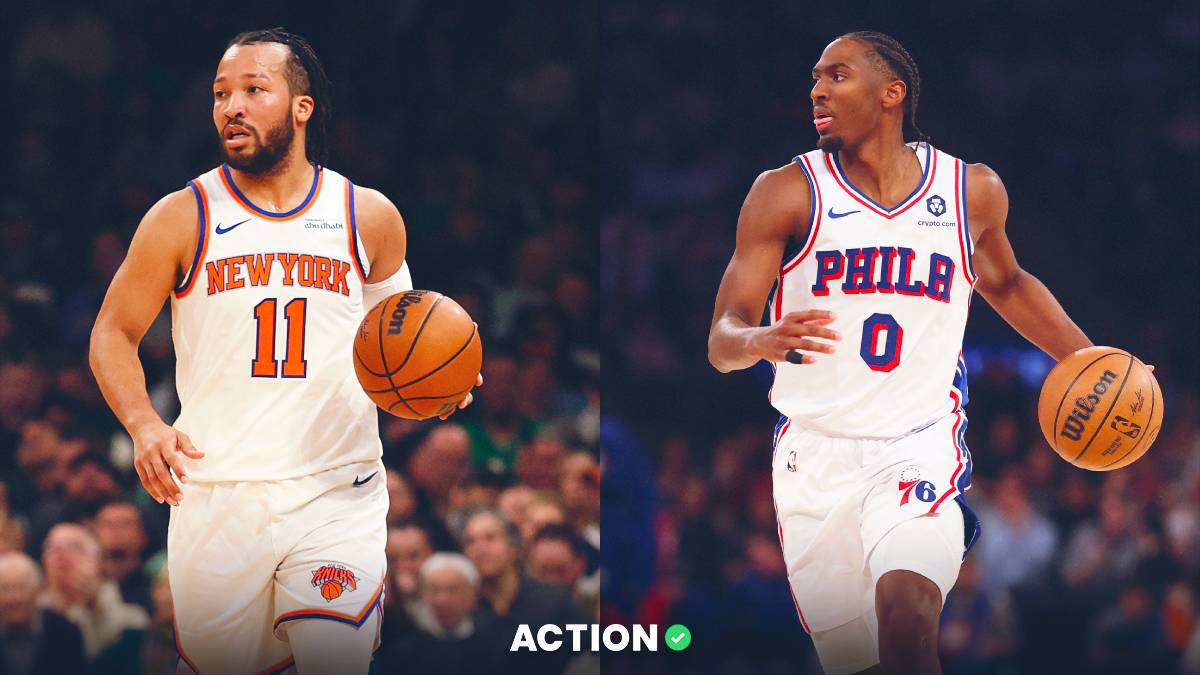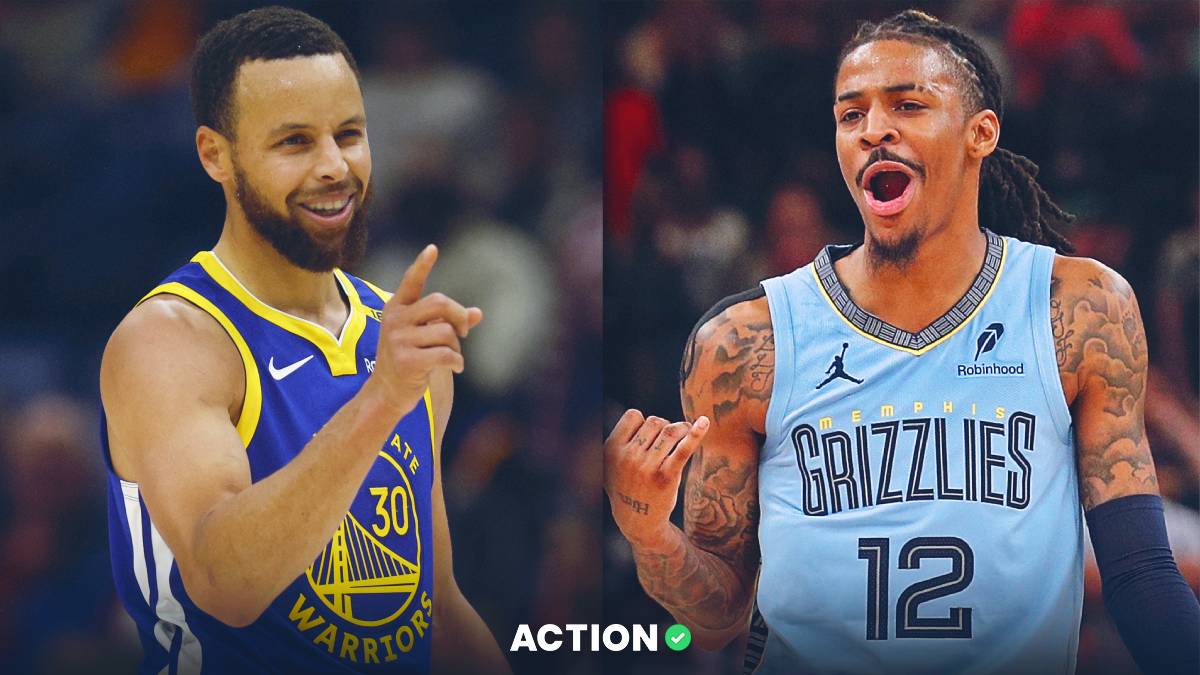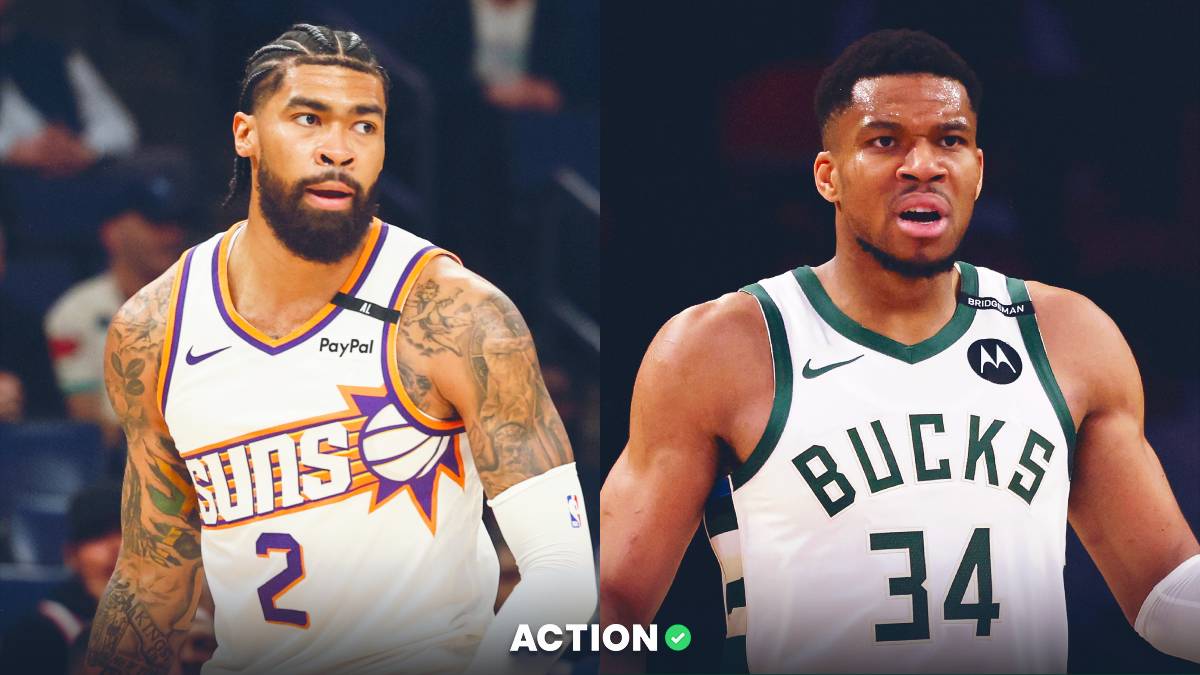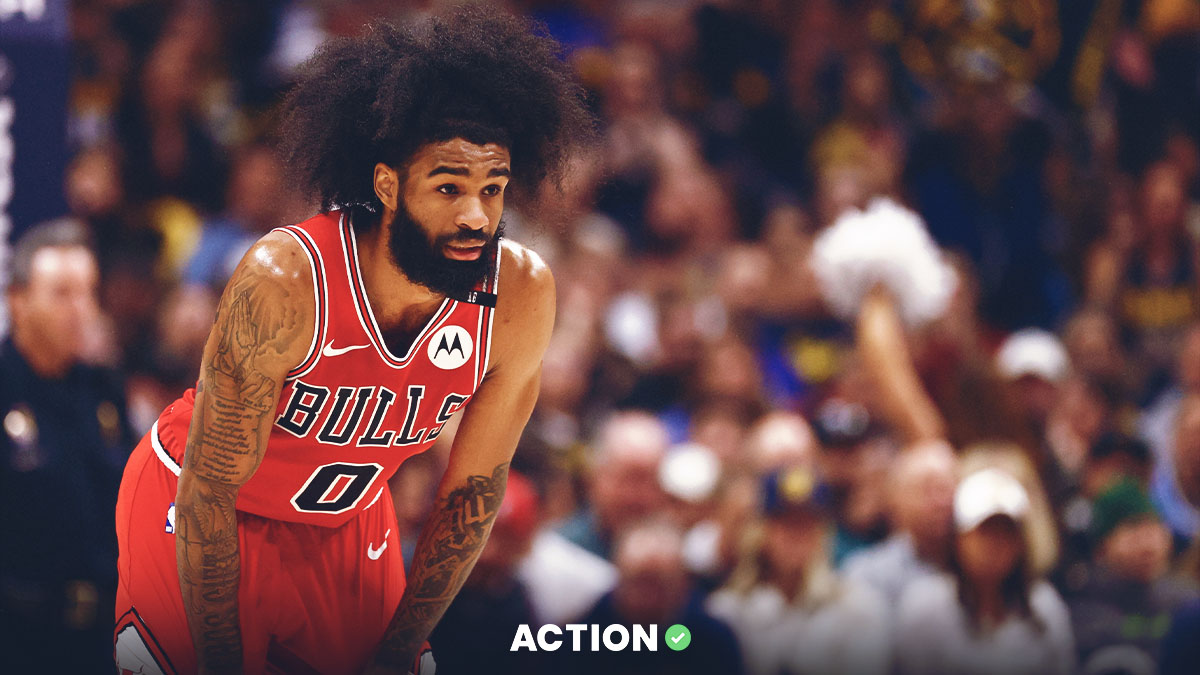NBA scoring has crashed. Since February 10 (which appears to be the date we began to see changes in scoring and officiating) and heading into Monday night, scoring was down from from 115.6 points per game to an average of 111.9 points.
As Tom Haberstroh first found on his substack, the changes are most directly correlated with a shift in foul calls. The NBA acknowledged as much. In fact, fouls per game are down to 17.68 from 19.45 before the change.
As a result, it's been under-palooza in the NBA. Unders were hitting at 49.5% before February 10th. Since, they had gone 258-162-8 for 61.4% heading into Monday.
Teams that are top-five in free throw rate offensively (Orlando, Phoenix, Milwaukee, Philadelphia and Minnesota) are 47-23-1 to the under at 67.1%, with only the Timberwolves going over at 8-6. Magic, Suns, Bucks, and 76ers games specifically are 41-15-1 (73%!) since February 10. That makes sense. Teams that were drawing a lot of fouls are now seeing scoring come down.
But that's not all. Not even close. Teams who don't foul have also seen the same increased rate of unders hitting. The Lakers, Celtics, Raptors, Heat, and Knicks are the top five teams in lowest opponent free throw rate allowed. The under is 44-23-1 (65.7%) in their games since February 10.
It goes on. Teams with bottom-15 offensive ratings and bottom-10 opponent free throw rate — bad offensive teams that had been committing the most fouls — are 38-18-1 (68.4%). And teams with a top-15 defensive rating who are top-10 in lowest free throw rate allowed defensively (the Celtics, Heat, Knicks, Clippers, Suns) are 50-20, a whopping 71.4% to the under.
So why would both high-foul and low-foul teams see an advantage?
On the former, high foul-rate teams are now able to get away with better point-of-attack defense without the cost that comes along with it (getting called for fouls), giving them a distinct advantage.
Low foul-rate teams, on the other hand, even further remove what is a pretty high drag on overall good defense (those rare fouls) and replace that drag with good opportunities to get stops. In other words, they're trading the few times they were fouling for better defense, or at least better defensive outcomes, on those plays that aren't being whistled the same way.
And it's specifically teams on either end of that foul-rate spectrum who are seeing this pronounced trend. Compared to 66% and 68% unders for these high and low-foul teams, all other teams are just at 60% to the under since the change. Still good, but not as good.
Put simply, we're seeing a direct correlation between the foul profile of teams and under performance.
So yes, there are many ways to bet the under, even as the average total has crashed from 230.4 on March 1st to 223 since. (As a sign of how strong that under trend is, games with a total below the average of 223 are still 54-40 to the under since March 1.)
But maybe a more important question is who's really benefiting from this change and how that relates to future plays.
4 Winners From The NBA's New Officiating
MIAMI HEAT: The Heat are 8-6 despite a tough schedule that included games versus Boston, OKC, and two Finals rematches against Denver.
But Miami is one of nine teams whose offense has actually improved in this stretch of games. They jumped 12 spots in offensive ranking and two points in offensive rating. They are simply more comfortable in these types of games, which should come as no surprise given Miami's profile as a team that loves to make things difficult and thrives in the muck.
Miami is just better adjusted to this style of play, even if their ATS performance may suffer a bit as a result.
One interesting note: Jimmy Butler has largely been immune to changes in officiating when it comes to getting to the line. Butler averaged 8.1 free throws before February 10th and has averaged 7.4 since. But his scoring has remained essentially flat at 21.5 points per game compared to 21.4 before the change.
DALLAS MAVERICKS: This one is fascinating. You would think the Mavericks would struggle with this kind of game; Luka Doncic is among the most active in the league in trying to draw fouls (and berating the officials when that call is not forthcoming). The Mavericks can't defend at all, either, so why would fouling change things?
But lo and behold, the Mavericks are 10-6 straight up and 11-5 ATS since February 10th. In that span, they have been 2.5 points better on offense and 3.1 points better on defense. They still rank low on defense, but not as bad, and that matters. The offensive stuff is most impressive. Luka, along with OKC's Shai Gilgeous-Alexander, has actually improved his overall efficiency despite tougher perimeter defense. Doncic has shot better from 2-point range and at the line to account for the downgrade in free throws.
The Mavericks being better since the change could be coincidental or a product of schedule variance. However, the Mavericks are 1-0 this season when the opponent makes five or more free throws than Dallas does, and are 26-11 when the free throw gap is less than five and Luka Doncic and Dereck Lively play.
Since the change in officiating, Dallas is 18th in defensive rating. That's not good. But it's also where Denver finished the season last year. Dallas doesn't have to be elite defensively; they have to be able to get stops when they need to when the playoffs begin against the specific opponents they'll face.
ORLANDO MAGIC: I don't know exactly what this means for Orlando, but they are second in defense since we saw the changes start in officiating and 12-4 straight-up.
The Magic are one of the toughest and most physical teams in the league. If these new rules hold and they secure a spot in the top six seeds in the East, can they drag a series versus the Cavaliers or Knicks so far into the mud that it shortens the variance and puts them in a spot to pull off an upset? There's no future play to be had on Orlando, since their over/under for series wins is 0.5. But all this does make them an interesting team that may be under the radar.
NEW ORLEANS PELICANS: Are the Pelicans good because of the officiating changes or because they're just healthy and good? They're third in defense since the changes, and Zion Williamson seems to be thriving despite more contact being allowed. (His scoring and efficiency are slightly down along with his free throws per 100 possessions.)
Their combination of wing defense and size on the interior might make them an intriguing prospect for a deep playoff run, especially if they can avoid the Nuggets in their bracket until the conference finals.


